Why your fashion sense is insensitive
According to popular blogging site tumblr, winter clearly calls for tribal printed sweaters, moccasins, and Native American headdresses like the hipsters wear. While I’ll be the first to admit that moccasins are extremely comfortable and those sweaters are quite the fashion statement, we don’t understand that the clothing we wear sends greater messages about our culture and those that we unknowingly represent.
Ranging from the multitude of indigenous peoples in the greater America’s, to the plains of Africa, and mountains of Asia, first nation’s people have been victims of violence, disease, and countless other violations of basic human rights.
Nowhere is this shameful history more present than in the United States. Beginning with Christopher Colombus, and lasting to the present day, Native’s have sought to protect their heritage and ideals in any way possible.
As more people began to see injustices throughout our world via telethons, and “text to donate” programs, Americans increasingly began to see problems with indigenous cultures as someone else’s––something that America certainly wasn’t dealing with. Unfortunately, this presumption couldn’t be further from the truth.
First Nations people in the United States are twice as likely to drop out of high school, have more health care problems, greater rates of substance abuse, crippling unemployment rates, and a standard of living like that of poverty.
But it’s probably unclear about what all of this has to do with a few people posting pictures on tumblr. When Europeans came to America in the 15th century, they impressed their own culture upon the native people–– forcing them to learn their native language, convert to their religion, and countless other actions, stripping Native Peoples of their culture, history, and identity.
By adopting First Nation’s clothing, such as moccasins or headdresses as ours to wear, we are sending an underlying message thats significance is not often understood. This action conveys a message that European, white Americans have the rights to these cultural statements, harking back memories of forced cultural suppression. It says that white Americans have the right to take away and bring back these cultural identities when it’s convenient for them, not when it’s to be celebrated or admired. Wearing these artifacts of cultural oppression is not something that Americans have earned the right to do––these are not our symbols to appropriate.
Wearing these artifacts of cultural oppression is not something that Americans have earned the right to do––these are not our symbols to appropriate.
— Parker Breza
Unfortunately cultural appropriation doesn’t just occur in fashion. In a more obviously offensive manner, many high school, college, and professional sports teams have used the likeness and language of First Nation’s people in a highly stereotypical and degrading form as their mascot. Whether it’s the “Fighting Sioux” of North Dakota, or the “Redskins” of Washington D.C., there’s certainly no lack of examples where Native cultural heritage is being exploited.
With names like “Redskin” othering First Nation’s people for their stereotyped skin tone, and negative violent images hailed by names like “Fighting Sioux” it’s easy to see how blatant racism infiltrates our supposed highly diverse and developed society. Even more disheartening, our nation’s capital city has not only one, but two professional sports teams using these stereotypical images. It’s now wonder we can’t rid the entire nation of these harmful images, when even our center of government can’t dispel racism.
The tumblr images and popular stores that offer appropriated Native patterns are not what’s ruining Native people’s lives, but it’s a part of a greater systematic racism that is guilty. This doesn’t mean that you aren’t able to wear your great new moccasins, or that shirt with a beautiful pattern, but it does mean that as a society we need to take a greater look at where those images of beauty came from, and why it may not be ours to take, making a fairer and more representative country for all our citizens.
Americans cannot reverse the tides of historical oppression that our nation was founded on. We cannot repay the thousands dead, displaced, and impacted by previous systematic actions. But Americans can take responsibility––recognize these mistakes, work to reconcile the harm done––and honor, not appropriate the images of the people who walked this great land far before the European settlers afterwards.

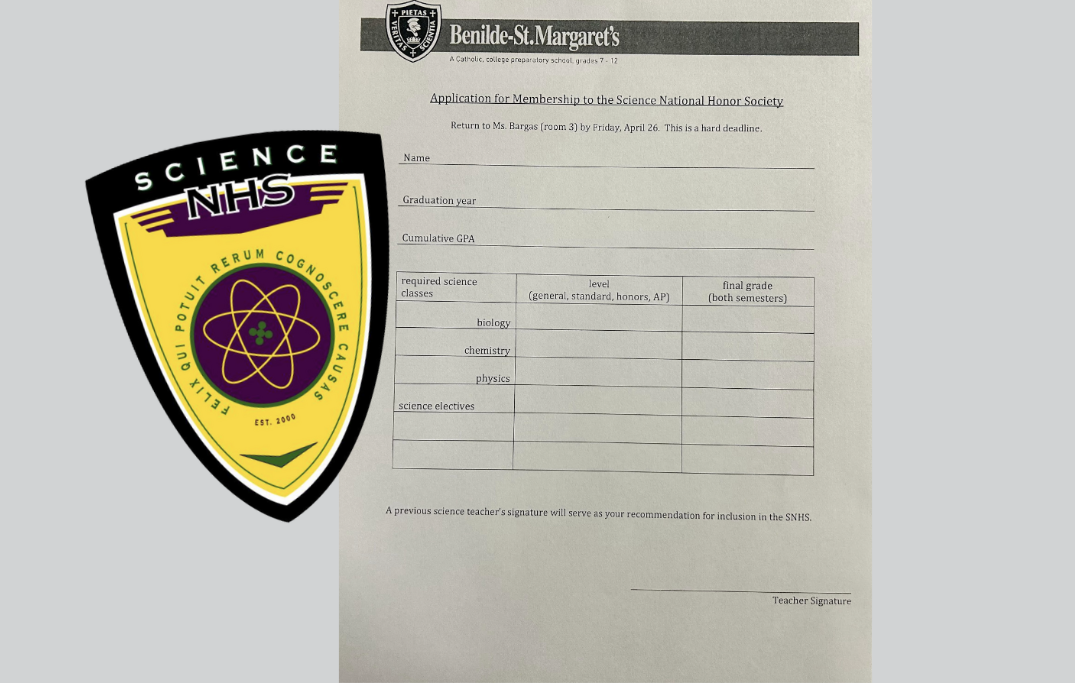
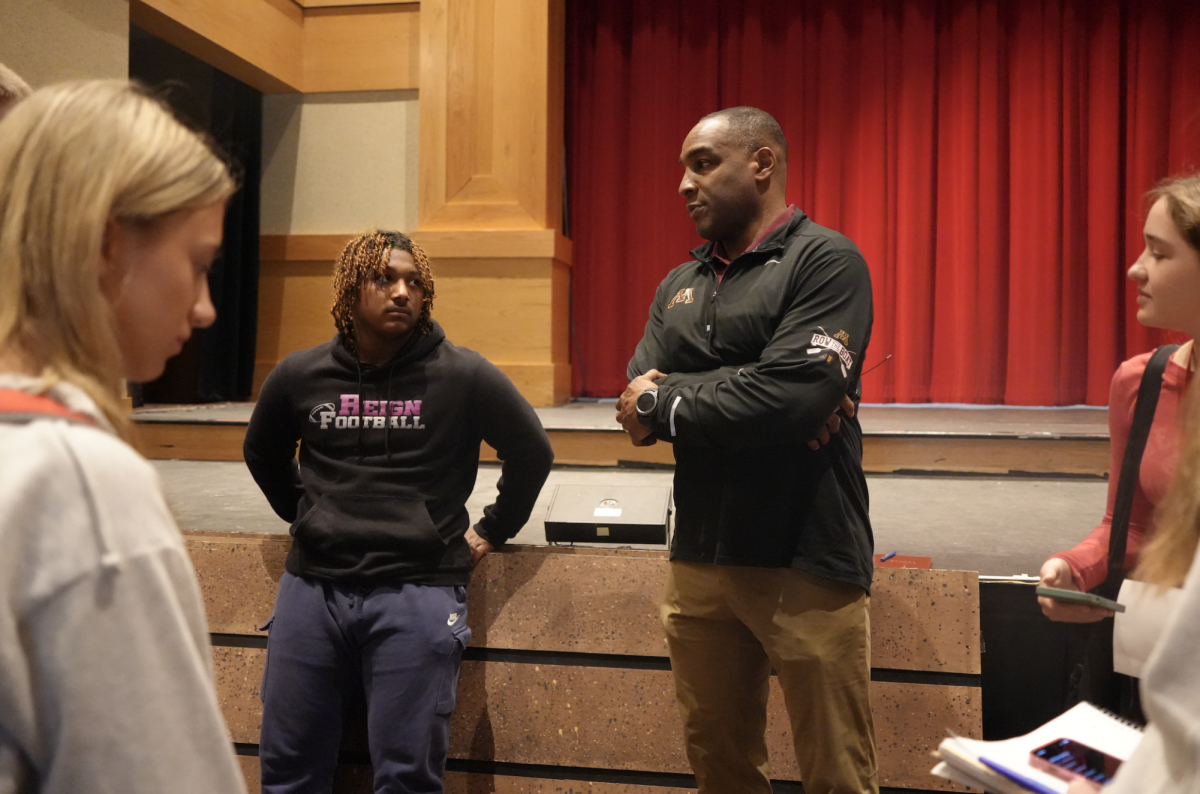



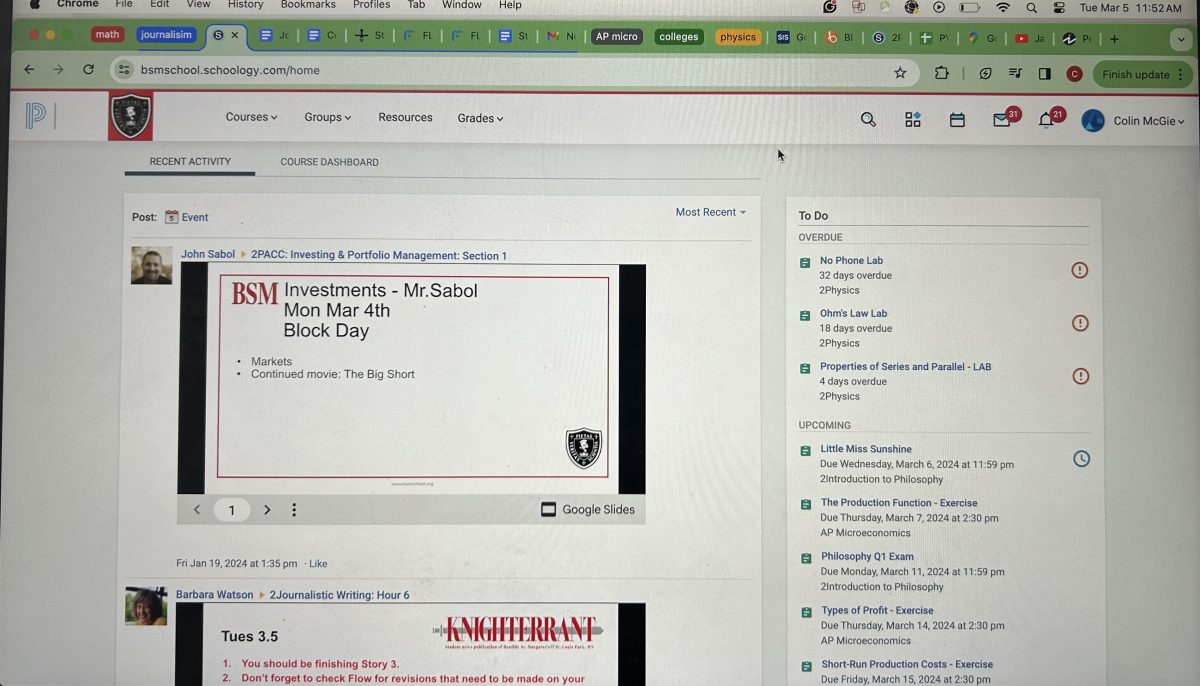












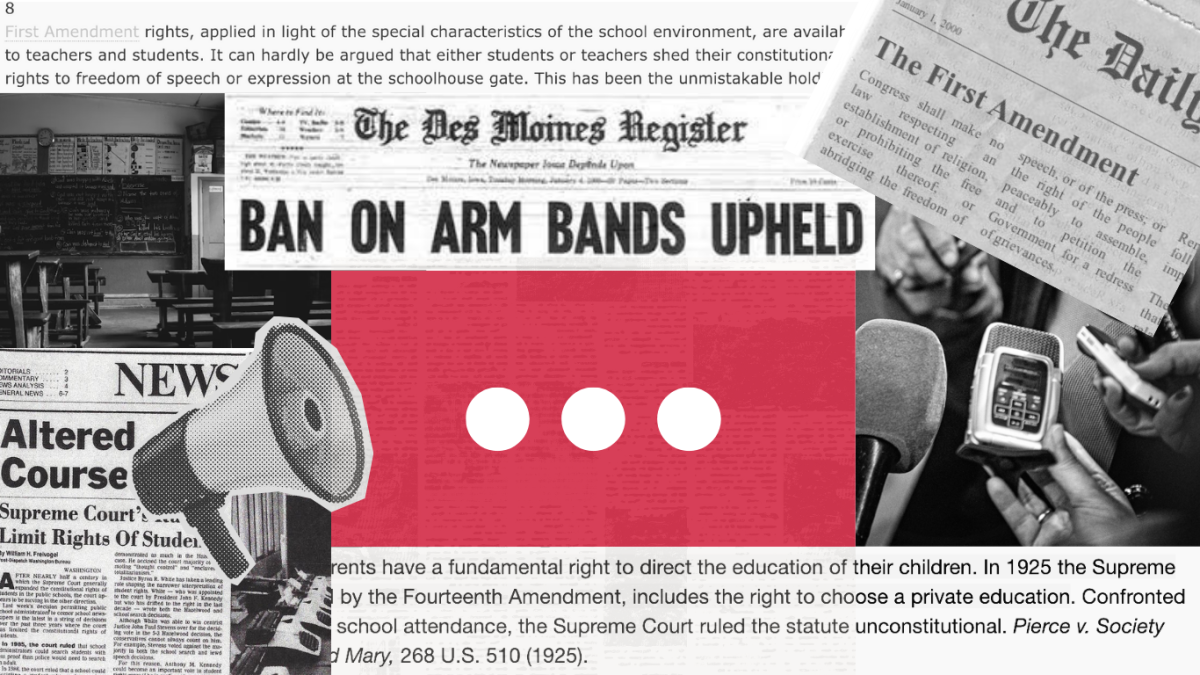






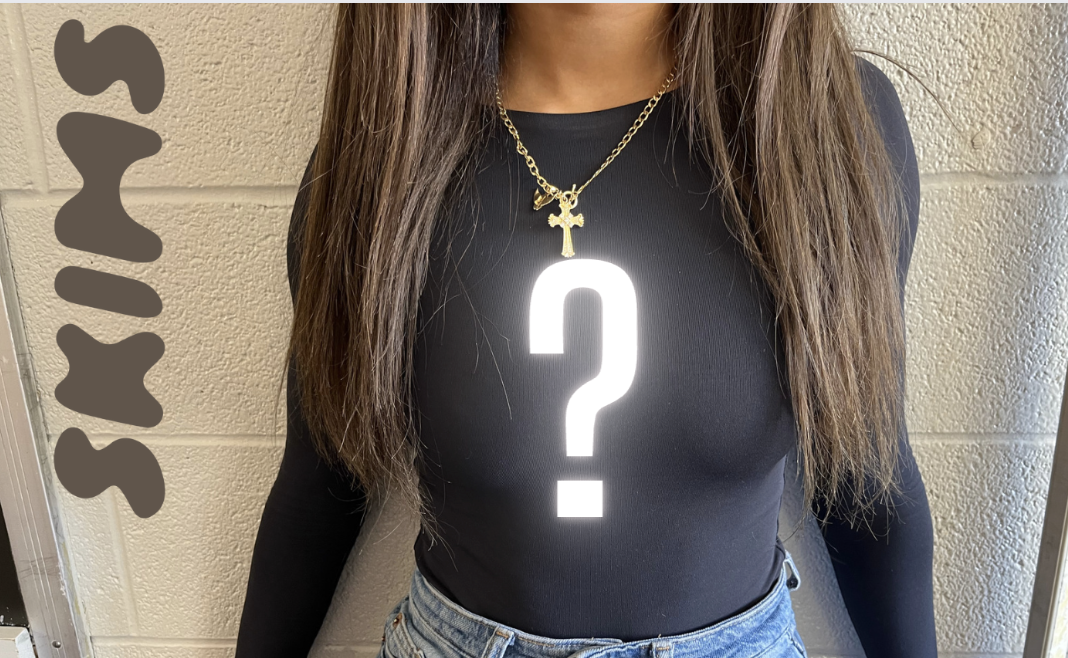


















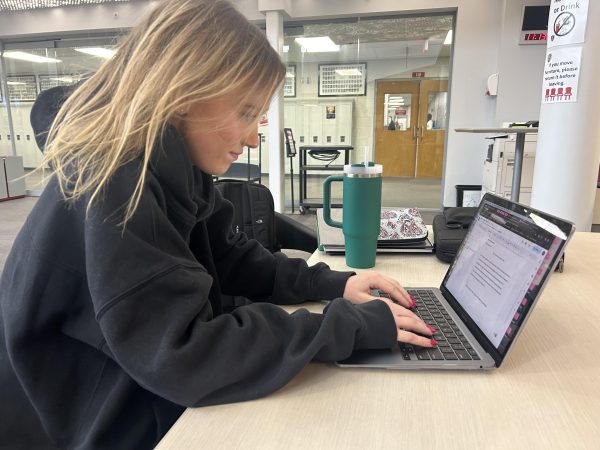




Ryan Kelly • Jun 3, 2014 at 5:36 pm
This is a fine case study in cultural marxism and the totalitarian mindset. People will live and wear however they choose whether or not the critical theorist approves.
Parker Breza • Apr 9, 2014 at 2:34 pm
Thank you for your response Ms. Shea. Of course cultures influence us! However, the French counter example that you provide is an example of a majority culture (white European), without any history of oppression, discrimination, and racism associated with their cultural symbols. Your distinction between appreciation and appropriation is an important one to make. I think that the line needs to be drawn when we are wearing a cultural symbol from another group of people and cannot explain the significance––this is ignorance. I would in fact think twice before wearing African beads, or your Mayan handbag if you aren’t aware of the statement that you are making by doing so. Thanks again for your comment!
Ms. Shea • Apr 8, 2014 at 2:32 pm
I do wonder though–if we eradicated the presence of culture within our clothing trends, how would we truly dress? Cultures influence us and allow for us new ways of expression in fashion. And, while native american culture may be the trend of today, who’s to say that french culture won’t be the trend of tomorrow? Would you then say that we’d be doing a disservice to the French?
I agree with the concept of systematic racism being ever present within today’s society; yet, I do wonder where the line is drawn between appreciation and oppression. Shall I think twice before wearing my African beaded necklace, or Mayan stitched handbag? Or, am I merely showing a compliment by admiring their cultures through my fashion choices..
Maddie Whitmore • Apr 8, 2014 at 9:55 am
I think that this article is very interesting. Your insight into the injustices that are perpetuated thanks to our lack of understanding is extremely compelling, and in my opinion, spot on.